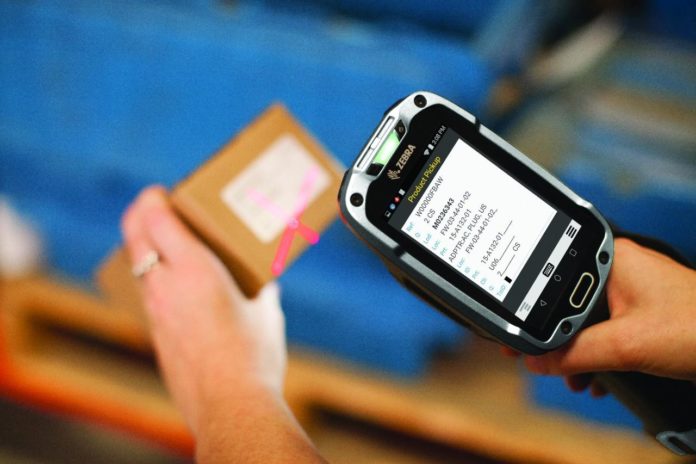As organizations rely more and more on mobile devices, mobile security is a key consideration across many industries. For example, retail staff can use tablets to serve customers more quickly, but those customers want to make sure their personal information is protected. Meanwhile, in the manufacturing industry, wearable technology is becoming more common – and this means securing data from a larger number of endpoints.
From web-based apps to native mobile apps, or a hybrid of the two, each instance places unique security demands on the enterprise. And if a company has a BYOD policy, or uses consumer-grade technology, additional IT resources might be required, as consumer-grade operating systems (OS) generally do not provide enterprise-level security. In the face of these challenges, the goal for any enterprise should be preserving data security without disrupting daily operations.
Here are the top five enterprise mobile security issues according to a TechTarget survey:
- Device loss. This common scenario can be as simple as an employee leaving a tablet or smartphone in a taxi cab, at a restaurant or airport. Lost or stolen devices containing sensitive data can easily lead to security breaches.
- Application security. Both free and even paidmobile apps can request too many privileges that tap into various data sources on a device. Leaked information such as corporate contacts, calendar items or the location of key executives can put a company at a competitive disadvantage.
- Device data leakage. Having corporate data on mobile devices can allow cybercriminals to target both the device and the back-end systems it accesses with malware.
- Malware attacks. Although less than two percent of all malware is designed to target mobile devices, according to TechTarget, mobile malware is a growing concern, with Android devices facing the biggest threat.
- Device theft. The latest smartphone or tablet technologies can be an attractive target for muggers and/or pickpockets, putting company data at risk if stolen.
Suffice to say, the more that employees use mobile devices to access business data, the more important it is for businesses to protect such access. A new whitepaper from Zebra Technologies indicates several key measures an organization can take to address mobile security issues:
- Protect against lost or stolen devices
- Protect data in motion
- Protect data at rest
- Mobile Application Management
- Ensure regulatory compliance
- Device control, admin and monitoring
- High-level data privacy protection
- Minimize admin costs to maintain secure platforms
- Provide strong authentication/access controls
- Maximize use of legacy IT infrastructure
To learn more about creating a robust mobile security policy, download the Zebra whitepaper.







